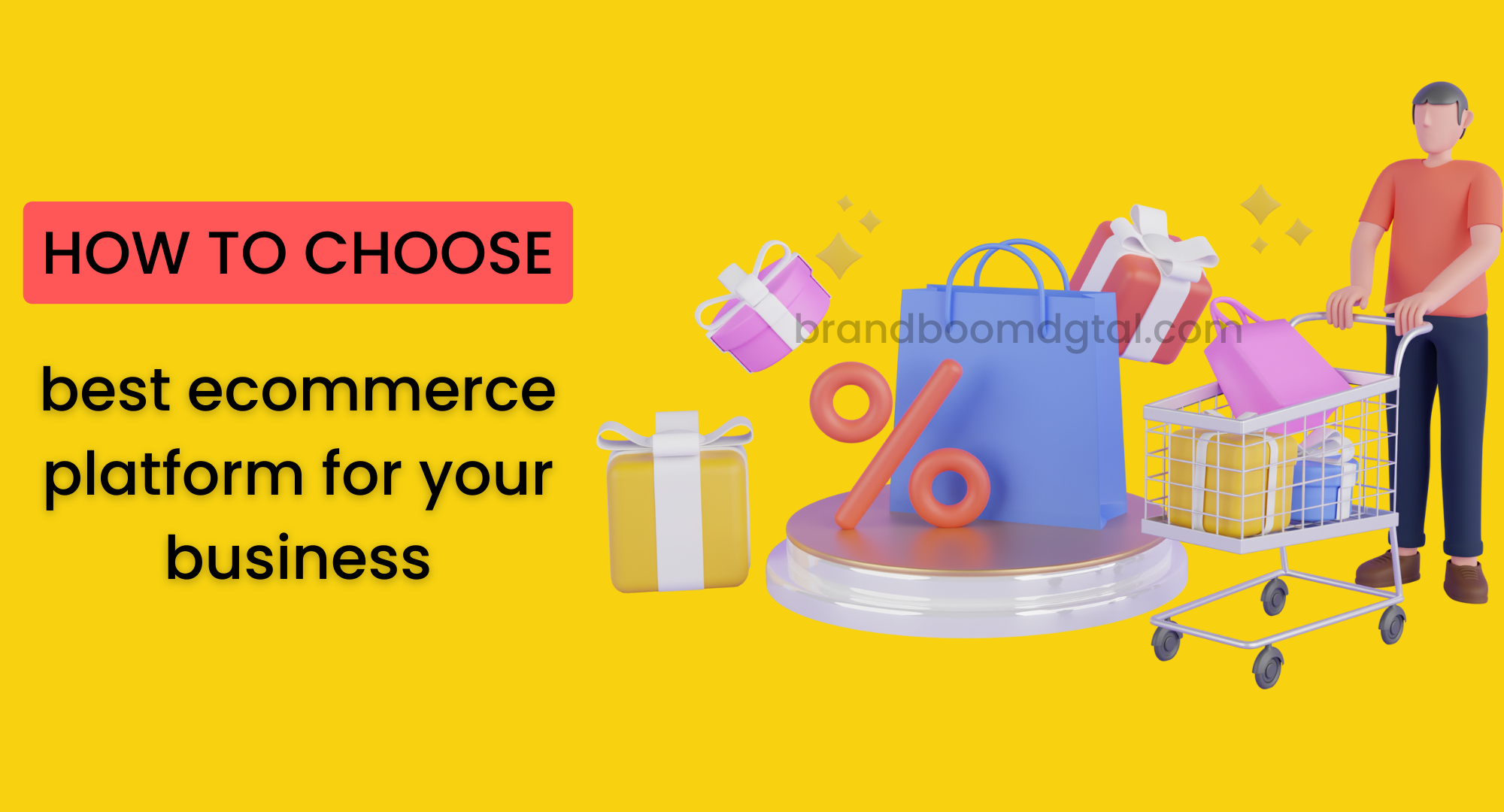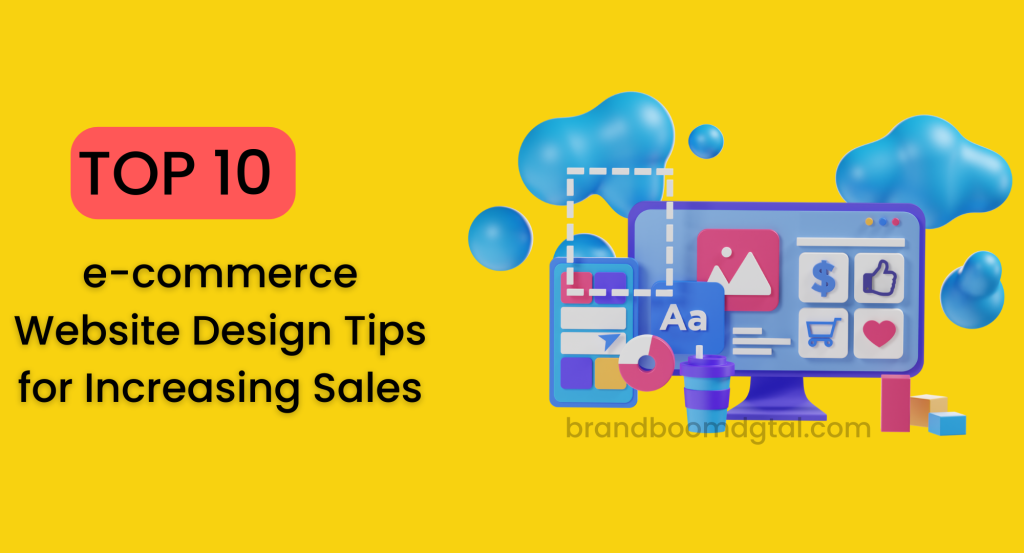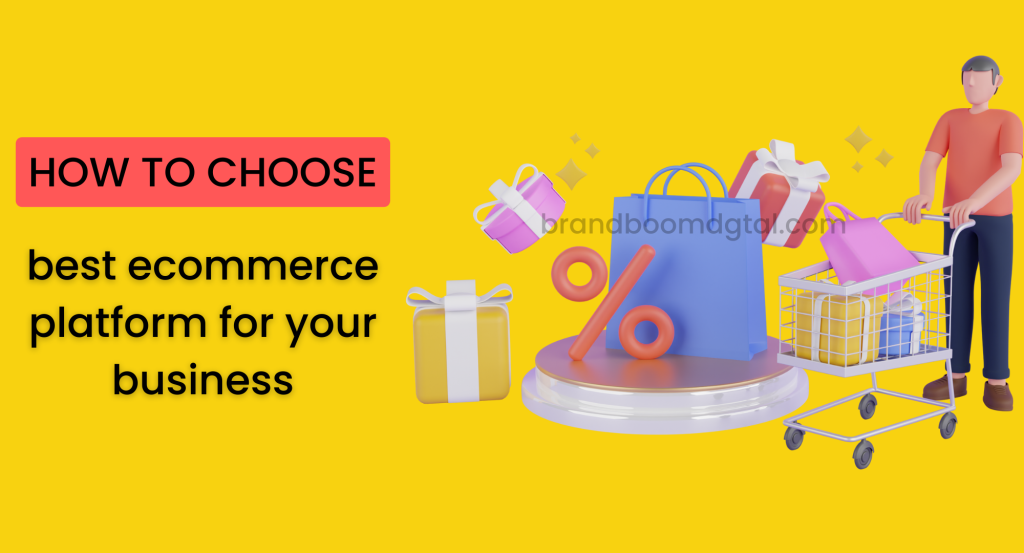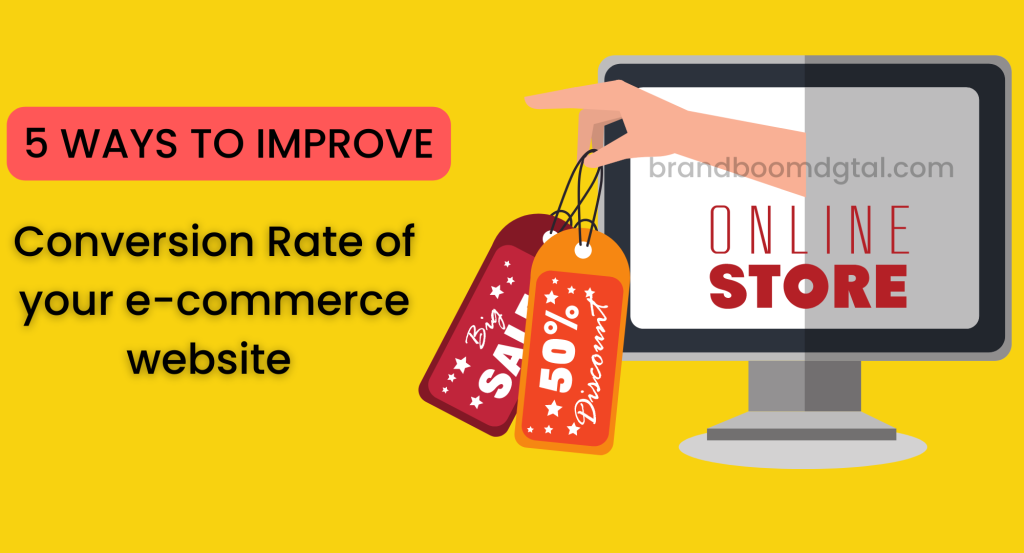If you’re starting an ecommerce business or looking to move your existing business online, one of the first decisions you’ll need to make is which ecommerce platform to use. There are many options available, and the right choice will depend on your specific needs and goals.
In this article, we’ll take a look at some of the key factors to consider when choosing an ecommerce platform, and provide some examples of popular platforms in each category.
1. Cost
One of the first things to consider when choosing an ecommerce platform is the cost. There are platforms available at a wide range of price points, from free to several hundred dollars per month. Here are a few options to consider:
Free platforms: Some platforms, such as WooCommerce and Shopify Lite, offer a basic set of features for free, with additional features and services available for an additional cost. These platforms are a good choice for businesses that are just starting out and don’t have a lot of budget to work with.
Self-hosted platforms: Other platforms, such as Magento and OpenCart, are free to download and install, but you’ll need to pay for hosting and any additional features or services you want. These platforms are a good choice for businesses that have a larger budget and want more control over their website and hosting environment.
Fully hosted platforms: Finally, some platforms, such as Shopify and BigCommerce, offer everything you need in one package, including hosting, features, and services. These platforms are a good choice for businesses that want a turnkey solution and don’t want to deal with the technical aspects of running an online store.
2. Payment gateways
Another important factor to consider when choosing an ecommerce platform is the payment gateways it supports. A payment gateway is a service that processes credit card payments and other online transactions on your behalf. Some platforms support a wide range of payment gateways, while others only support a few. Here are a few things to consider:
Does the platform support your preferred payment gateway? If you already have a payment gateway you like to use, make sure the platform you choose supports it.
Does the platform support multiple payment gateways? If you want the flexibility to switch payment gateways or use multiple gateways, choose a platform that supports multiple options.
Does the platform charge any fees for using a payment gateway? Some platforms charge additional fees for using certain payment gateways or for processing transactions. Make sure you understand any fees that may be involved.
3. Integrations with other tools
As your business grows, you may want to use other tools and services to help manage your online store. Some ecommerce platforms offer a wide range of integrations with other tools, while others offer very few. Here are a few things to consider:
Does the platform integrate with the tools you already use? If you already use tools like email marketing software, customer relationship management (CRM) software, or accounting software, make sure the platform you choose integrates with them.
Does the platform have a large ecosystem of third-party integrations? Some platforms, such as Shopify, have a large ecosystem of third-party apps and integrations that you can use to extend the capabilities of your online store.
Does the platform offer APIs or other ways to customize and extend the platform? If you have specific needs or requirements that the platform doesn’t meet out-of-the-box, choose a platform that offers APIs or other ways to customize and extend the platform.
4. Ease of use
Depending on your technical expertise, you may want to consider the ease of use of the ecommerce platform you choose. Some platforms are designed for non-technical users and offer easy-to-use drag-and-drop interfaces, while others are more technical and require more programming knowledge. Here are a few things to consider:
Does the platform have a user-friendly interface? If you don’t have a lot of technical expertise, choose a platform with a user-friendly interface that makes it easy to manage your online store.
Does the platform offer a wide range of templates and design options? If you want to customize the look and feel of your online store, choose a platform that offers a wide range of templates and design options.
Does the platform offer good documentation and support? If you’re not a technical person, choose a platform that offers good documentation and support to help you get up and running quickly.
5. Scalability
If you’re planning to grow your business, you’ll want to choose an ecommerce platform that can scale with you. Some platforms are better suited for small businesses, while others can handle the demands of large enterprises. Here are a few things to consider:
Does the platform offer a wide range of features and capabilities? If you have specific needs or requirements, choose a platform that offers a wide range of features and capabilities to meet them.
Does the platform have good performance and uptime? If you’re expecting a lot of traffic or have high performance requirements, choose a platform that has a track record of good performance and uptime.
Does the platform offer flexible pricing and plans? If you’re planning to grow your business, choose a platform that offers flexible pricing and plans so you can scale up as needed.
In conclusion, there are many factors to consider when choosing an ecommerce platform for your business. By considering cost, payment gateways, integrations with other tools, ease of use, and scalability, you can find the platform that best meets your needs and helps you grow your business.









